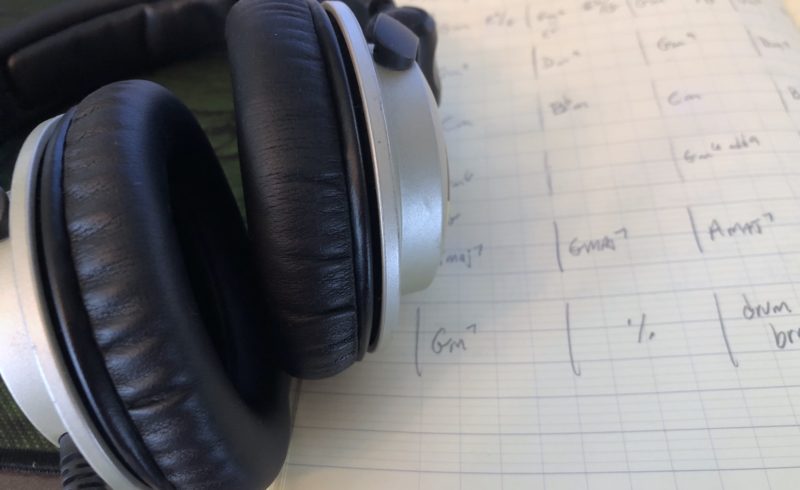
This makes it at least three times Dua Lipa has been sued over “Levitating.” We’ve covered the first two more than enough here, expecting both cases to go quietly away. One already has, the Artikal Sound System case, and the other may soon follow, the Wiggle And Giggle one, but this new one is more interesting.
Here, the plaintiff is Bosko Kante, a producer and talkbox artist and founder of the company that makes the talkbox, ElectroSpit. A talkbox is a modulation device that I associate first and foremost with Peter Frampton. Two of his biggest hits, “Show Me The Way” and “Do You Feel Like We Do,” feature the classic talkbox, making him a rock star, and making the this a familiar sound.
There’s even a talkbox specifically designed to sound like Peter that has become a rare and hard-to-find piece, the “Framptone.” But you’ve heard this sound elsewhere too, obviously.
Maybe you’re thinking of the intro to Bruno Mars’ 24 Karat Magic or a Daft Punk track — yep, same sort of thing. The plaintiff in this Dua Lipa case, Bosko’s ElectroSpit is a more modern version that works a little differently from the Framptone type, is portable, and can be controlled from an iPhone. I’ve never tried one, but it looks like a fantastic product.
Bosko, according to the complaint, was asked by Stephen Kozmeniuk, who’s also named in the lawsuit, to create some parts for Levitating, which Bosko did. And they appear, as a musicologist would point out, in the catchiest and most important parts of the chorus, as you can hear in Levitating below. I’ll cue the video up to the right spot. It’s not super loud, but as soon as Lipa sings, “I got you,” you’ll hear the complementing melody from the Electrospit and then several times after if you get caught up in it.
That sound appears at various times throughout the track. And it’s not just a sound, it’s a musical phrase. The complaint refers to original melodies and lyrics, so according to Bosko, he’s the author of these parts as well as the engineer. I looked, and have seen that Bosko registered his copyright for both the audio and the underlying music with the copyright office, which to me, says he fully intended to control the rights to these assets. And it’s interesting that the registration appears to have been filed, not back when Levitating originally came out, but shortly after the remix featuring DaBaby did.
And that makes sense because what we have here is not a typical infringement case. The complaint explains that the plaintiff did orally agree to license his work for the original recording of “Levitating,” (the one above). I suppose if you’re asked to do the work, did the work, and delivered the work, that does to me suggest some sort of license is intended, but the foreseeable questions around terms — what is and is not suggested, implied, or inferable — is what interests me. What Bosko is saying is that his verbal license was limited to the original version by Dua Lipa only, and therefore remixes like one featuring Madonna and Missy Elliott, and especially the very popular one featuring DaBaby were not his intended licensed uses. The complaint further argues that there was no work for hire, and that it was agreed there would be no sampling or reuse of the Plaintiff’s performance.
As much as you might be thinking, “Get It In Writing!” these things do happen, and reasonable people sometimes either misunderstand each other or plan to negotiate in good faith later on as the need arises.
“Levitating” of course went bonkers. And here we are.